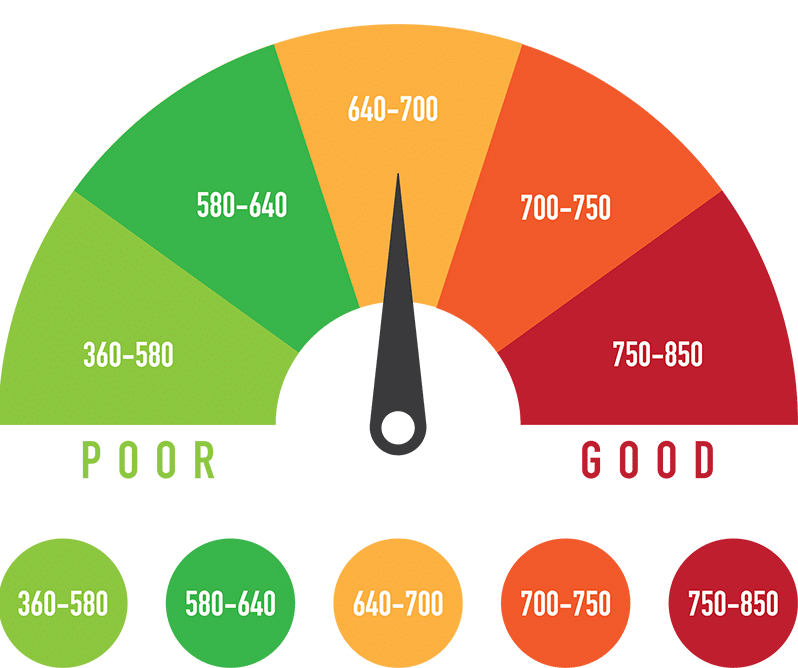
Your credit score and history are the most important parts of your entire financial life. Basically, your credit score will follow you forever and it’ll play a big role in numerous major financial situations in your life. Most people think that credit score matters only when it comes to being approved for loans or credit cards, yet it actually goes far beyond it.
Credit Score vs Credit Report
You’ll hear credit report and credit score interchanged, yet it’s essential to understand the primary difference between the two. Basically, your credit report is your credit information’s detailed history. It’ll contain current credit information, delinquent payments, balances, personal inquiries and identifying information, and bankruptcies.
On the other hand, your credit score is the 3-digit number based on your credit report information. After considering each of the aspects on your report, there is a mathematical formula used for determining what your score must be. If the score is high, it is better. The industry’s leading credit score is FICO, which ranges from 300 to 850.
Insurance Rates
Whether you’re buying homeowners insurance or insuring your vehicle, your credit score would likely play a role to determine your premium. Typically, insurers make what’s called insurance score, which is based largely on your own credit score, yet with some factors. Poor credit score may cost you lots of money in extra premiums every year while good credit score may qualify you for discounts.
Beyond Loans
Everybody knows that if you have low credit score that it’ll be much harder to find banks or credit card company that will lend you cash, yet it goes beyond that. Other than that, not just your score will affect whether or not you could borrow cash and at attractive rates, yet it could affect everything from your insurance rate to employment opportunity.
Employers May Check Your Credit
A controversial and increasingly common practice now takes place as the employers check the credit of potential new employees. Arguments for doing it are that employers believe they could use credit history to determine the responsibility. There are situations where bad credit history can be because of something completely out of one’s control, yet it’s still something you should bear in mind.
Resources for Credit Score
You might need to pay to get your complete credit history and credit score, yet it’ll be worth it and might be the difference of you getting that mortgage or loan you’re hoping to get.
Should You Think about Your Credit Score?
If you are worried about your credit score, it is worth putting some time to raise your credit score. Other actions that could help with it include the use of your credit card in a responsible manner such as maintaining a low ratio of credit utilization, paying bills on time monthly, as well as being thoughtful regarding how and when new accounts you open in the long run.
However, you do not really have to think about your credit score. You do not need FICO to tell you that you’re making great financial decisions. You can live life with poor credit score, but having a good credit score can still make a difference.






